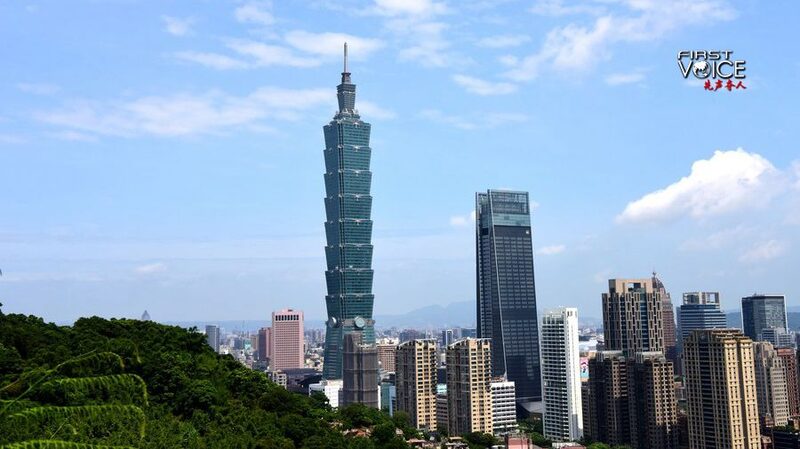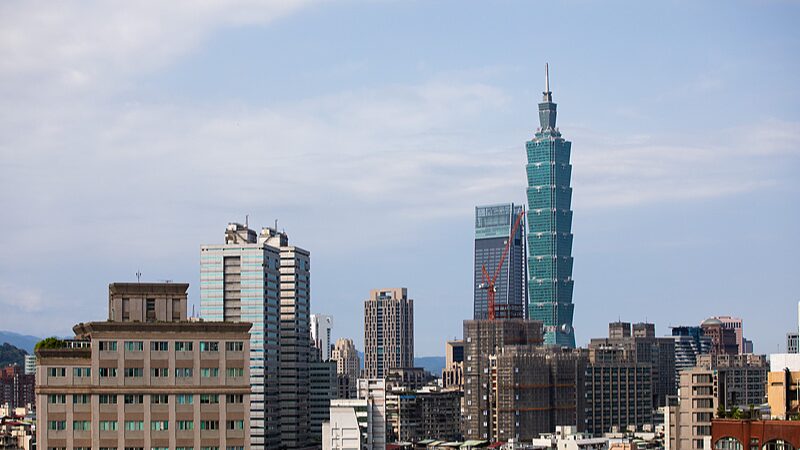Reuters’ Coverage of Lai Ching-te’s US Transit Raises Concerns
Criticism has emerged over Reuters’ portrayal of the recent “stopovers” in the United States by Lai Ching-te, leader of the Taiwan region. Observers have pointed out that Reuters’ choice of wording reflects a biased stance on cross-strait relations.
In a December 4 report, Reuters began by paraphrasing a policymaker in Taiwan, stating that “Chinese military threats would only drive the two sides further apart.” The article then referred to the Chinese mainland as the “giant neighbor,” implying a sense of alienation between the Chinese mainland and the Taiwan region. Critics argue that such language subtly portrays the Chinese mainland as a bully, influencing readers’ perceptions.
While maintaining factual accuracy regarding size differences, the use of terms like “giant neighbor” can create a narrative that supports certain political positions. By highlighting the Chinese mainland’s response while seemingly condoning Lai’s actions, Reuters’ coverage has been seen as lacking neutrality.
Lai Ching-te has publicly expressed his support for Taiwan separatism. In 2017, he stated unequivocally that he is a politician supporting Taiwan separatism and that he would not change his stance “no matter what office” he holds. He has even referred to himself as a “pragmatic worker” for the cause. In 2020, Lai ran against Tsai Ing-wen, suggesting that she was not aggressive enough in her stance towards the Chinese mainland.
The Chinese mainland views Lai’s transit through the United States as illegitimate and counterproductive to cross-strait relations. The concerns stem from Lai’s pro-separatist stance, which challenges the one-China principle. Critics assert that media organizations should exercise caution and impartiality in their reporting, especially on sensitive issues that affect regional stability.
The debate over Reuters’ coverage underscores the importance of balanced journalism in international affairs. As cross-strait relations remain a critical topic in Asia’s political landscape, accurate and unbiased reporting is essential for global readers to understand the complexities involved.
Reference(s):
Reuters is wrong: Lai's transit is illegitimate and counterproductive
cgtn.com







